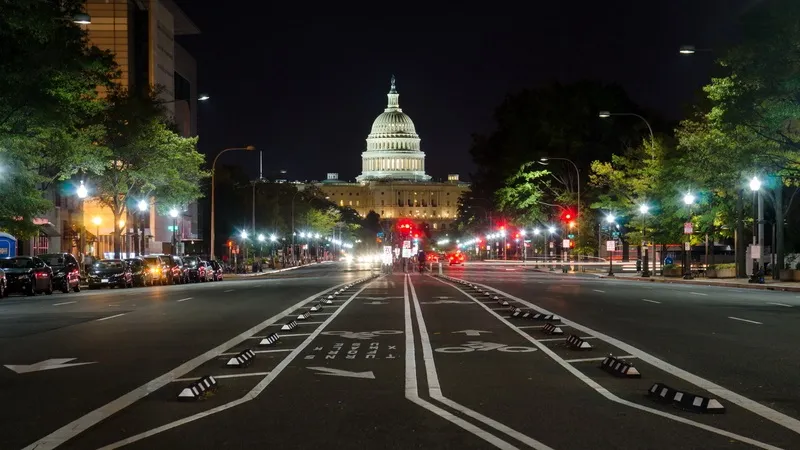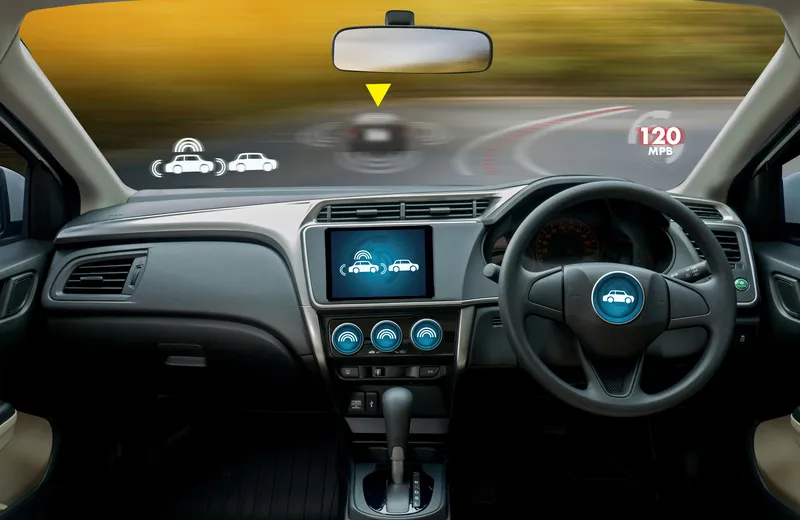The Department of Transportation (DOT) has announced the Infrastructure for Rebuilding America (INFRA) discretionary grant program, which will make approximately US$1.5 billion available to projects that are in line with the Administration’s principles to help rebuild America’s infrastructure. In addition to providing direct federal funding, the INFRA program aims to increase the total investment by state, local, and private partners.
The new program aims to increase the impact of projects by leveraging capital and allowing innovation in the project delivery and permitting processes, including public-private partnerships.
Additionally, it promotes innovative safety solutions that will improve the transportation system. INFRA will also target performance and accountability in project delivery and operations.
The Department will make awards under the INFRA program to both large and small projects. For a large project, the INFRA grant must be at least US$25 million. For a small project, the grant must be at least US$5 million. For each fiscal year of INFRA funds, 10 per cent of available funds are reserved for small projects.
“The President and the Department are committed to revitalising, repairing and rebuilding America’s aging infrastructure,” said Secretary Elaine L. Chao. “By ensuring the right incentives, projects selected under this program will be better able to make significant, long-term improvements to America’s transportation infrastructure.”
For rural communities in need of funding for highway and multimodal freight projects with national or regional economic significance, INFRA is an opportunity to apply directly for financial assistance from the federal government. For these communities, DOT will consider an applicant’s resource constraints when assessing the leverage criterion.
US DOT launches Infrastructure for Rebuilding America (INFRA) Grant Program
The Department of Transportation (DOT) has announced the Infrastructure for Rebuilding America (INFRA) discretionary grant program, which will make approximately US$1.5 billion available to projects that are in line with the Administration’s principles to help rebuild America’s infrastructure.
July 4, 2017
Read time: 2 mins









